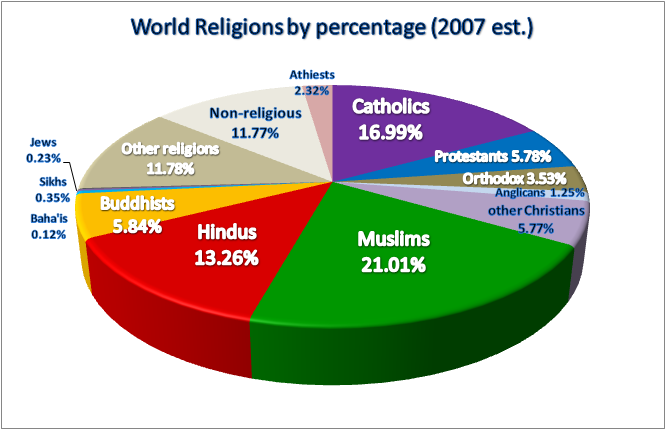
A Concise History of
Confucianism
Please Share! Source
Subject Libraries: Religion
2/20/19
With particular emphasis on the importance of the family and social harmony, rather than on an otherworldly soteriology,[7] the core of Confucianism is humanistic. Confucianism regards the ordinary activities of human life — and especially in human relationships as a manifestation of the sacred because they are the expression of our moral nature which has a transcendent anchorage in Heaven and a proper respect of the gods While Heaven ( has some characteristics that overlap the category of deity, it is primarily an impersonal absolute, like dào and Brahman.
Traditionally, cultures and countries in the East Asian cultural sphere are strongly influenced by Confucianism, including mainland China, Taiwan, Hong Kong, Macau, Korea, Japan, and Vietnam, as well as various territories settled predominantly by Chinese people, such as Singapore. In the 20th century Confucianism's influence reduced greatly. In late 2015 many Confucian leaders[which?] formally established a national Holy Confucian Church (孔聖會/孔圣会 Kǒngshènghuì) in China to unify the many Confucian congregations and civil society organisations
